MOVIE REVIEW – However unfortunate you’ve been in life, be glad you’re not living in the 14th century as a woman. Though we’re talking about a noblewoman, it’s pretty rough what Jodie Comer’s Marguerite de Carrouges had to go through in The Last Duel, a film about many things – love, war, the follies of the medieval French legal system – but mostly, male vanity.
The Last Duel takes us back to a dark chapter in French history. Director Ridley Scott paints a stark portrait of his complex heroes and anti-heroes in this story of a brutal, bloody struggle. Based on true events, the film’s grim story and oppressively dark tone depicts one woman’s struggle for justice – set against the empty phrases of supposed honour, duty and ‘chivalry’. But what makes this film truly exciting and original is the way it presents events from three perspectives…
Revenge for dishonouring a woman…
Fourteenth century France can often be a cruel hostile place – especially for a woman. This is even more true for a woman who accuses a man of rape – as Marguerite de Carrouges does. Although much of the story of The Last Duel focuses on how the events leading up to it and the terrible deed itself take place in a medieval court, the film opens with the climactic final duel.
You might think we’re watching a standard jousting tournament, but this is serious stuff, as knights Jean de Carrouges (Matt Damon) and Jacques LeGris (Adam Driver) prepare for a deadly combat. All in the name of honour – Jacques is accused of raping his former friend’s wife. So far it sounds like a simple revenge story, but Ridley Scott’s film is anything but simple…
The truth from three angles
After a brief but brutal glimpse of the bloody duel that is about to take place, we are taken back to the very beginning of the story, and we are told the gist of the events in several chapters. The interesting thing about the film is that we watch the same story repeatedly, broken down into individual testimonies. First we see the truth of Jean de Carrouges, then that of the accused, Jacques LeGris. Finally, the full truth is revealed by none other than Jacques’ victim, Marguerite de Carrouges. That is, if we can believe him, since the whole “truth” cannot exist, there are only different perspectives, traumas lived through – Scott is skilful enough to ensure that his film does not become didactic.
At first glance, this way of telling the story might seem heavy-handed, but the story is extremely effective, cleverly showing, through nuanced differences, the unreliability of each character’s version of events as they distort and twist events to suit their own purposes – even if they rarely lie about the specific facts. By revealing the individual character flaws of Jean and Jacques, this is also a harrowing examination of Jean and Jacques.
Different “angles”
The testimony of the two male protagonists, Jean and Jacques, differs in just one detail: in an epic, overwhelming battle, each man claims to have saved the other’s life. It is clear that both want to portray themselves as heroes of their own stories, basking in the glow of heroism and embodying the true meaning of honour and chivalry. At least that is how they see themselves.
Soon, even bigger fissures begin to develop between both men’s versions of events. Jean tells a true love story of a chance meeting with Marguerite, which unfolds into a marriage, perfectly emotionally charged, with everyday life and sexual intercourse, broken only by the events of the harsh world outside.
Meanwhile, Jacques paints a very different picture of the couple. His story portrays Jean as a cold, unfeeling man who feels very little love for his wife. Instead, Jacques says that he is the one who really loves Marguerite… and claims that she feels the same way.
These contradictions are played to perfection by Comer, Damon and Driver in their different versions. Scott’s real trick in this film is the way the events of the story change from one version to the next with only subtle differences – yet it is these subtleties that are the most important in the whole story and the acid and pepper of the film.
There are some places where there are not two separate versions…
The shameless flirtation between Jean and Marguerite turns into a “strange couple” when Jacques tells his story. And although there is undeniable chemistry between Comer and Driver – especially in Jacques’ version – it soon becomes a harsh, harsh depiction of rape by the time Marguerite tells her story.
Scott does not shy away from the brutal, horrific nature of rape. Instead, we are forced to confront the reality of Marguerite’s full confession, and it is alarming to watch it all unfold.
It is interesting, moreover, that the rape itself is clearly rape in all the stories, but in Jacques’s version of the story he deludes himself that Marguerite has in fact given herself freely, her behaviour merely the ‘usual protest’ of a married woman who has fallen in love with another man but who must still play the role of a man. Perhaps here Scott could have adapted the events presented more to Jacques’ point of view, but it is possible that he did not dare to do so even in the face of the ongoing #metoo, so the violence remains pretty much the same in both versions. It’s a shame about this ‘humbling’, because the otherwise well-constructed logical framework of the film is a little flawed here.
“There is no justice here. There is only the power of men.” (Jean’s mother)
That’s essentially what The Last Duel boils down to: two men’s struggle over the veracity of a woman’s allegations of rape. It’s a hard-hitting story, devoid of illusions, that has nothing whatsoever to do with romantic chivalry stories. Forget Ivanhoe, Robin Hood and King Arthur – this is a reminder of the struggle many women face, even today.
The seriousness of the story is underpinned by the atmospheric setting. Scott uses a palette of subdued greys and stony castle walls to create a sombre, almost claustrophobic atmosphere. You can feel the weight of the film’s world in almost every scene.
Brilliant shapes
The three main characters are equally brilliant in this cruel triangle: a somewhat simple, illiterate and poor nobleman, Matt Damon, who thinks of himself as a true avenging hero, often acts terribly stupidly and deludes himself about his wife. Damon is brilliant as this character, who is extremely complex despite his simple mindset.
On the other side, Adam Driver is also superb as the sophisticated, intellectual, multilingual, handsome nobleman who tries to be true to his friend in the heat of events, yet cannot resist his blood and Marguerite’s beauty, and what he does is truly despicable and shameful. He is neither white nor black, but a subtly complex figure.
Jodie Comer’s Marguerite de Carrouges is the real protagonist in this film, we sympathise with her the most and Comer also portrays the various aspects of her character and her desperate struggle for justice and life with real professionalism.
Finally, we must also mention Ben Affleck’s memorable performance as the eccentric (and immensely depraved) Count Pierre d’Alençon. He is a truly depraved Count – a self-proclaimed ‘libertine’ – whose bedroom antics, somewhat comically corrupt behaviour and swearing break the often overly grim tone of the film. Affleck is incredibly professional in the role.
Not a knight’s tale
The Last Duel is a masterpiece of slow storytelling, allowing the complex plot to unfold naturally through three distinct chapters. By retelling the story from different points of view, Ridley Scott is able to break down the characters’ positive self-images of themselves into atoms, and challenge them.
-BadSector-
The Last Duel
Direction - 8.5
Acting - 9.2
Story - 8.2
Visulas/Actions - 8.6
Ambience - 8.5
8.6
EXCELLENT
The Last Duel is a masterpiece of slow storytelling, allowing the complex plot to unfold naturally through three distinct chapters. By retelling the story from different points of view, Ridley Scott is able to break down the characters' positive self-images of themselves into atoms, and challenge them.

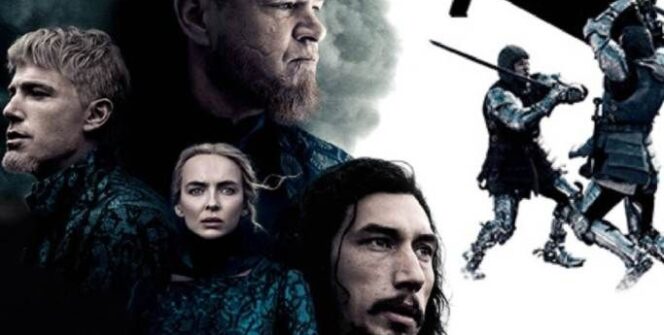
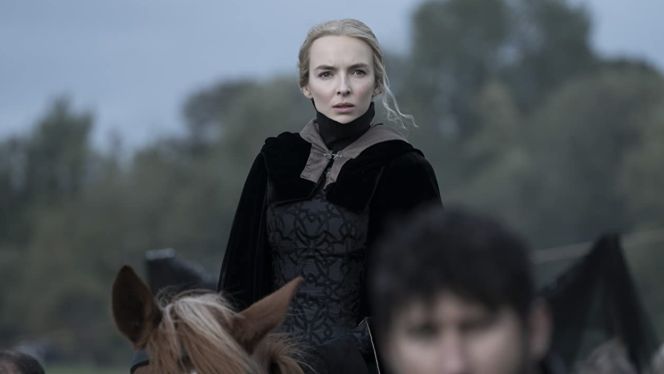
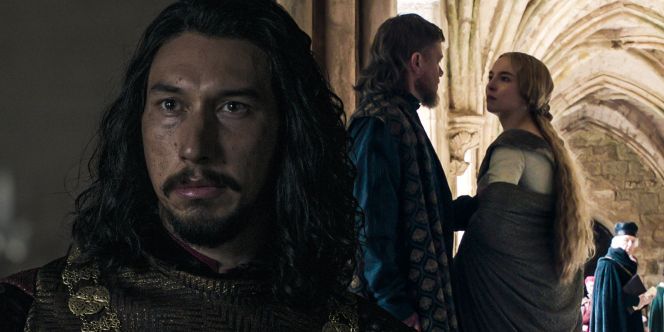
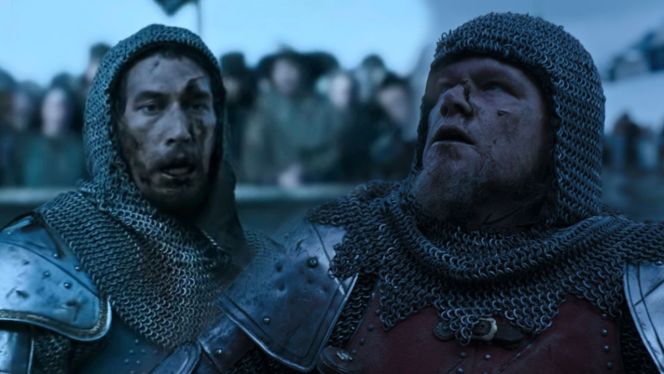
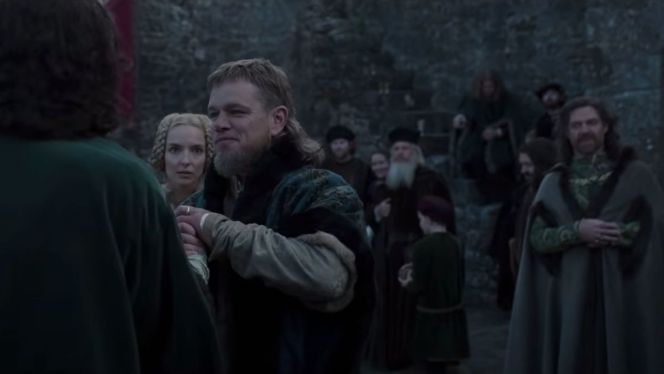
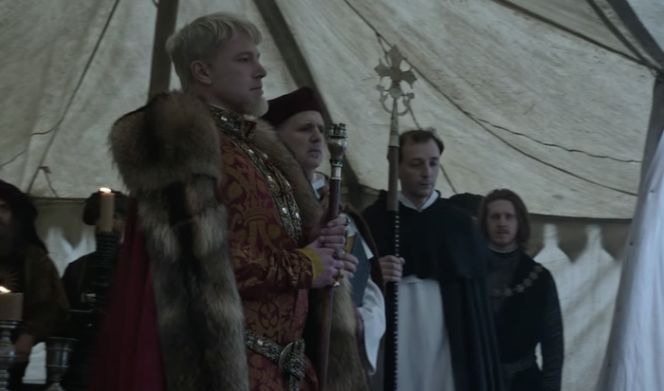
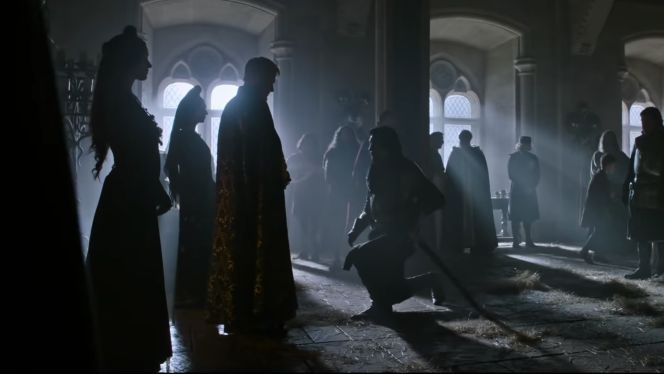
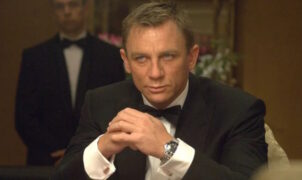
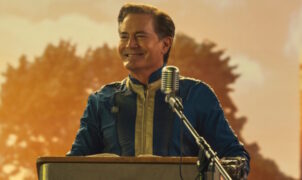


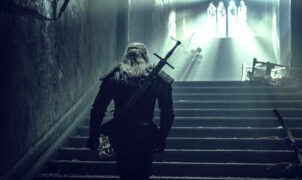
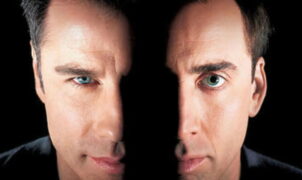


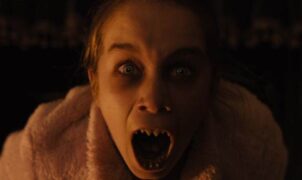



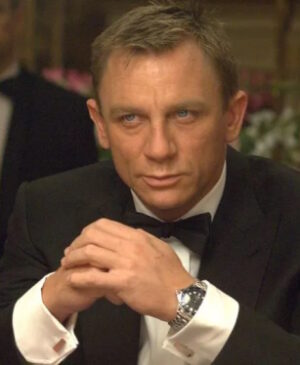
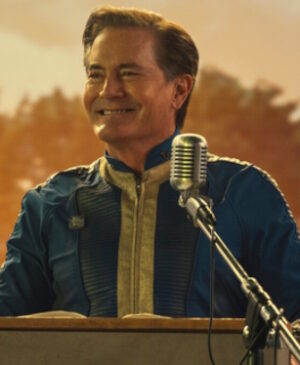
Leave a Reply